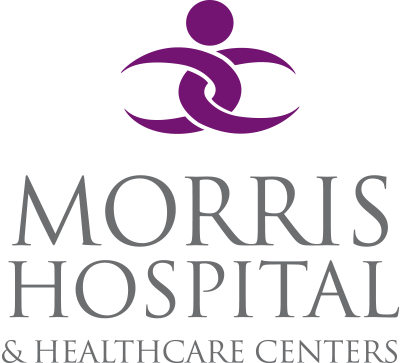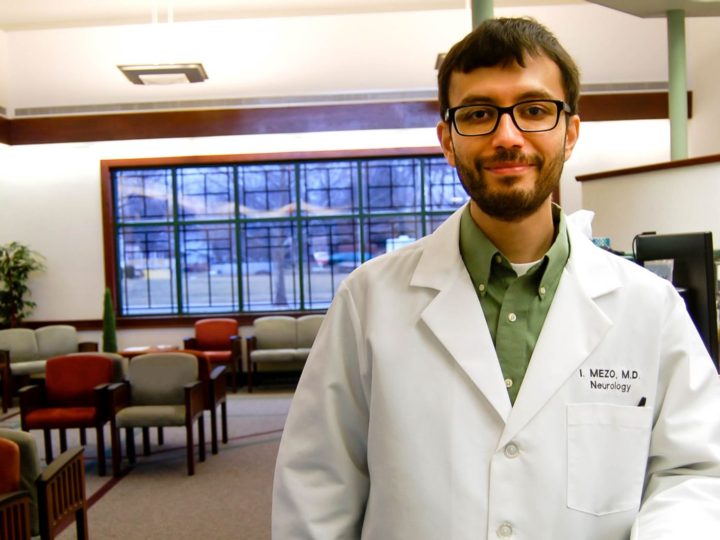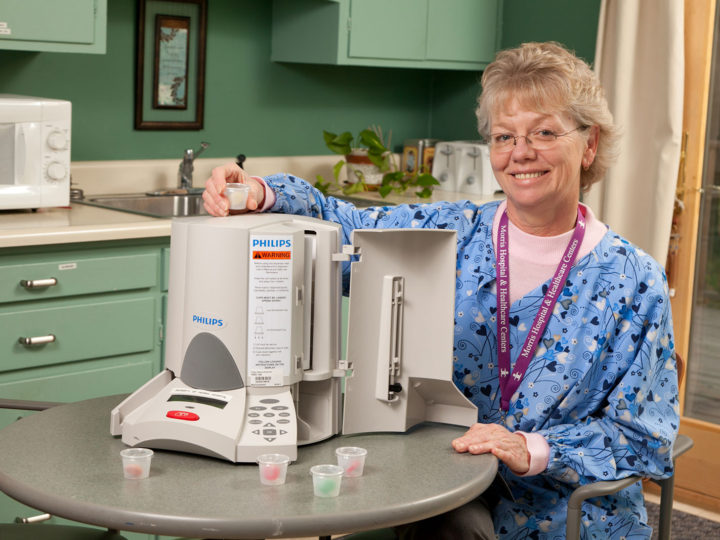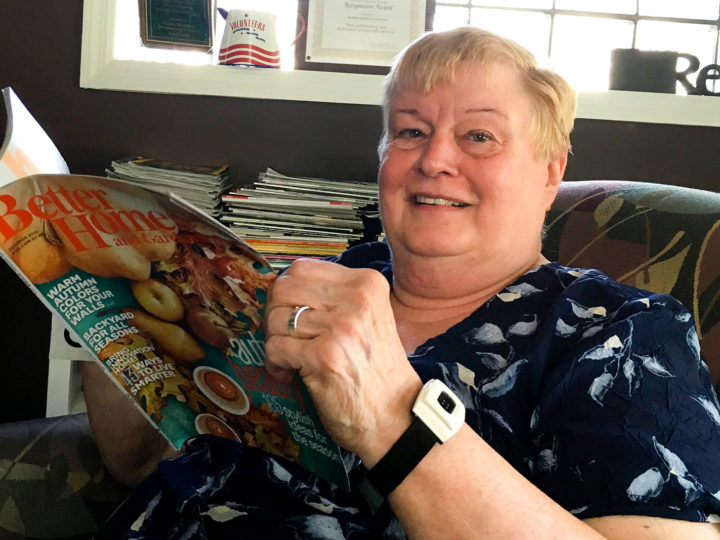By Stefanie Henline, board certified nurse practitioner with Morris Hospital Neurology Specialists
As an experienced nurse practitioner, I see patients suffering from a variety of neurological issues, including concussions. Anyone who experiences a bump, blow, or jolt to the head should be promptly assessed for a concussion to minimize the potential long-term impact. Below are answers to some frequently asked questions to help you understand why it’s important to take concussions seriously. For additional information about how we can help, please follow the link to the Concussion Management Program page on the Morris Hospital website.
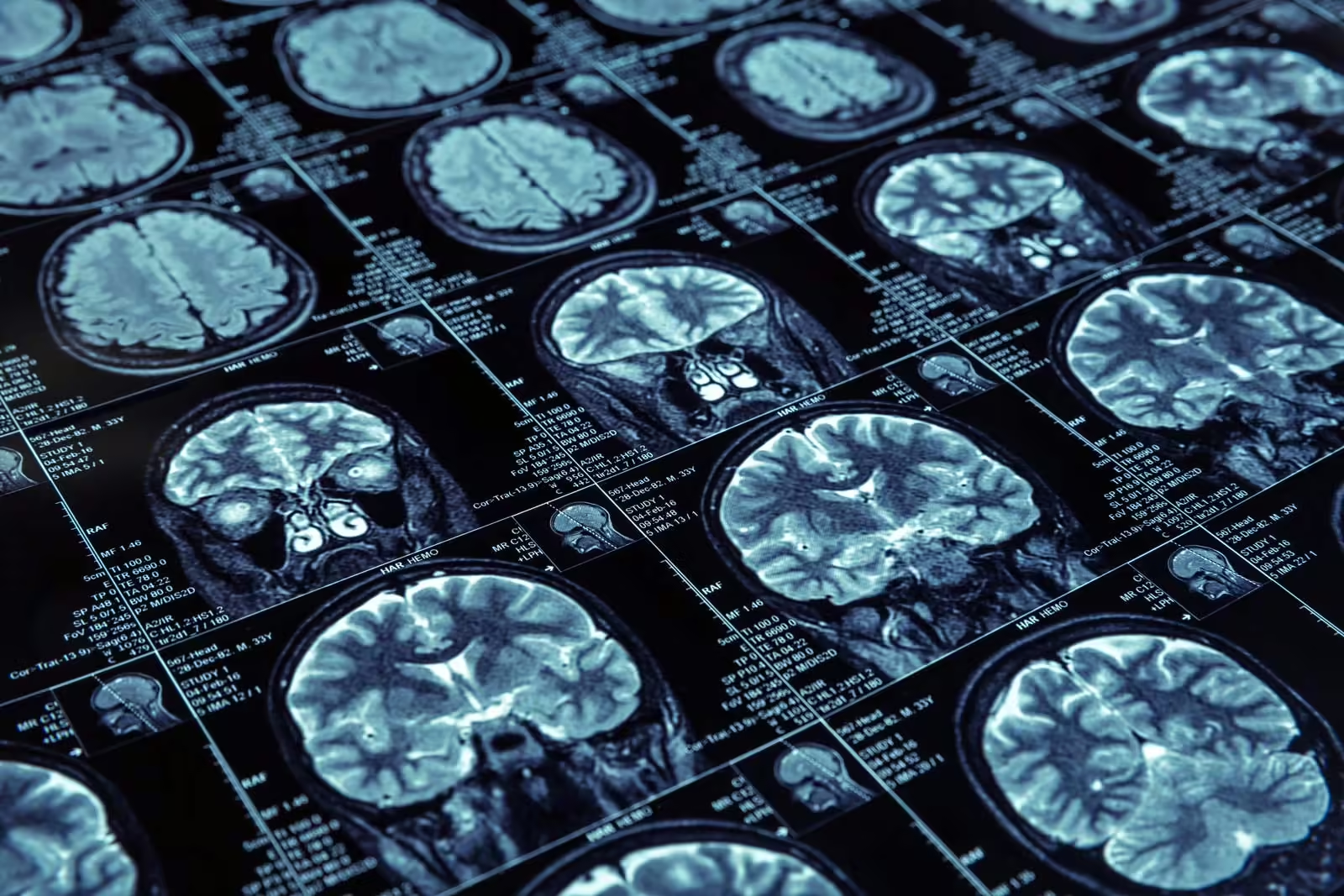
What is a concussion and what are the symptoms?
A concussion is a type of traumatic brain injury caused by a bump or blow to the head or any accident that causes the head or brain to move rapidly back and forth. This trauma creates chemical changes in the brain that can damage brain cells if left unattended. Concussion symptoms include headache, nausea and vomiting, balance problems, blurred or double vision, sensitivity to lights or noise, feeling sluggish or foggy, memory problems and confusion or inability to think straight. Some people have one symptom or multiple symptoms.
What should I do if I think I might have a concussion?
We tell patients to go right to the emergency room. Or you can go to immediate care or your primary care provider. Don’t wait around at home. It’s important to get prompt medical attention. There could be bleeding within the brain or swelling of the brain which can cause a lot more issues further down the road.
Who tends to get concussions?
Anybody can get a concussion, whether it’s from a car accident, sports injury, or even a simple fall at home.
How can the Concussion Management Team at Morris Hospital help?
Most patients who are diagnosed with a concussion through the Morris Hospital emergency room or immediate care are referred to the Morris Hospital Concussion Management Program for an assessment with a provider who is experienced in safely evaluating the severity of the injury and carefully managing and monitoring the patient’s care during recovery. Depending on the patient’s symptoms and overall condition, patients may be referred for physical and/or speech therapy with a concussion trained therapist. It’s very important for patients to follow through with their concussion care.
It’s important that patients safely recover from a concussion, which is why it’s important to seek prompt medical care. To learn more about our Concussion Management Program, visit the Morris Hospital website or contact Morris Hospital Neurology Specialists at 815-942-4506.

To learn more about Stefanie Henline, N.P., visit her provider landing page.
